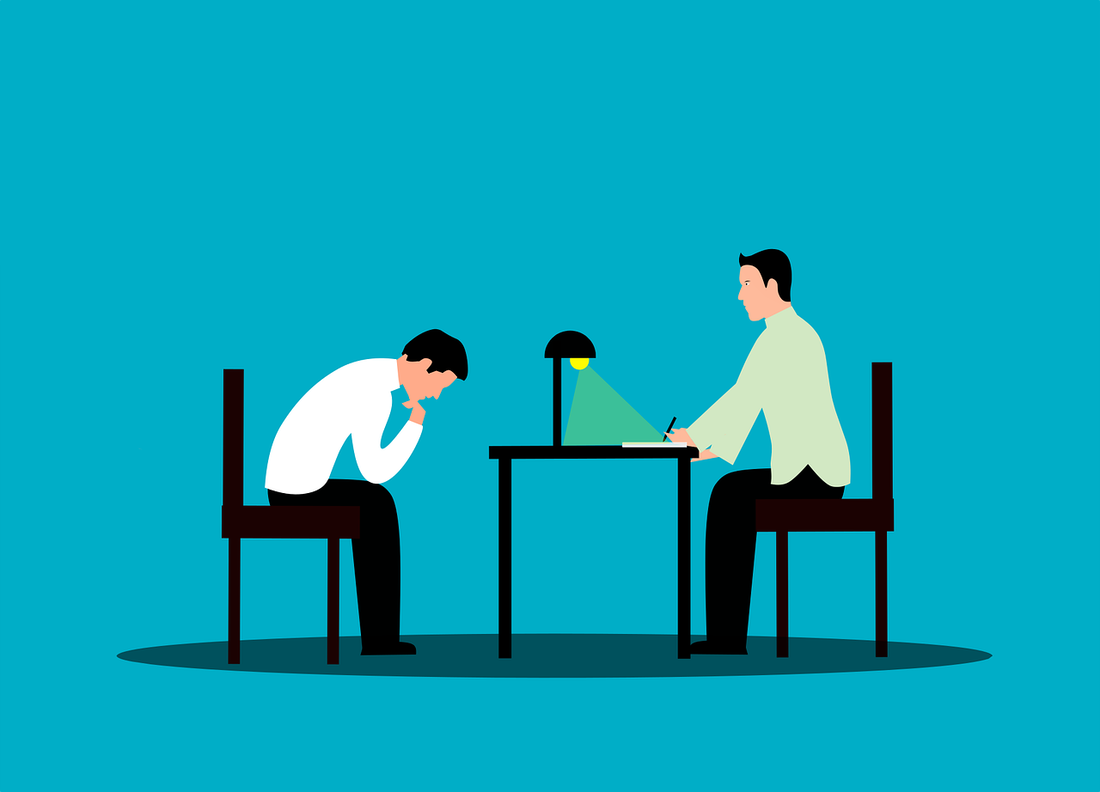Attention-Deficit/Hyperactivity Disorder (ADHD) is a neurodevelopmental condition characterized by difficulties in attention, impulse control, and hyperactivity. Individuals with ADHD often face challenges in various aspects of their lives, including academics, relationships, and self-esteem. While medication and behavioral interventions are commonly used to manage ADHD symptoms, Dialectical Behavior Therapy (DBT) techniques offer a valuable and complementary approach. By integrating cognitive-behavioral strategies, mindfulness practices, and acceptance-based techniques, DBT therapy techniques empowers individuals with ADHD to develop essential skills for self-regulation and improved overall functioning. In this article, we will explore how DBT skills for kids can be instrumental in supporting individuals with ADHD.
Mindfulness and Attention
DBT incorporates mindfulness practices that can significantly benefit individuals with ADHD. Mindfulness techniques, such as focused breathing or body scans, help individuals develop the ability to direct and sustain their attention. By enhancing present-moment awareness, individuals with ADHD can improve their focus, reduce distractions, and increase their overall attentional control.
Emotion Regulation
Emotional dysregulation is often intertwined with ADHD. DBT’s emotion regulation skills provide individuals with effective tools to recognize, understand, and manage their emotions. By learning strategies to identify and express emotions appropriately, individuals with ADHD can gain better control over impulsive reactions and improve their emotional well-being.
Impulse Control
Impulsivity is a hallmark feature of ADHD, and DBT techniques can help individuals develop greater impulse control. Through cognitive restructuring and skills training, individuals learn to pause and evaluate the consequences of their actions before responding impulsively. This process allows individuals to make more deliberate and thoughtful choices, reducing impulsive behaviors and their potential negative outcomes.
Distress Tolerance
DBT incorporates distress tolerance skills that can benefit individuals with ADHD, particularly during challenging moments or times of stress. These skills teach individuals how to manage overwhelming emotions or situations without resorting to impulsive or harmful behaviors. By learning healthy coping strategies, such as grounding techniques, self-soothing activities, and acceptance-based approaches, individuals can navigate distressing situations with resilience and self-control.
Time Management and Organizational Skills
Individuals with ADHD often struggle with time management, organization, and planning. DBT techniques can assist in developing practical skills in these areas. Through structured activities, goal setting, and implementing strategies like prioritization, breaking tasks into manageable parts, and utilizing external cues, individuals can enhance their ability to manage time effectively and stay organized.
Interpersonal Effectiveness
ADHD can impact relationships and social interactions. DBT’s interpersonal effectiveness skills provide individuals with ADHD the tools to navigate social situations, communicate assertively, and establish healthy boundaries. By developing these skills, individuals can strengthen their relationships, improve self-esteem, and enhance their overall social functioning.
Dialectical Behavior Therapy (DBT) techniques offer valuable support to individuals with Attention-Deficit/Hyperactivity Disorder (ADHD). By combining mindfulness practices, emotion regulation, impulse control, distress tolerance, time management, organizational skills, and interpersonal effectiveness, DBT equips individuals with ADHD with a comprehensive set of tools to navigate their daily challenges. Through the application of these techniques, individuals can enhance their attentional control, regulate emotions, manage impulsivity, cope with distress, improve organization and time management, and enhance their social interactions. DBT serves as an empowering framework for individuals with ADHD, helping them develop essential skills for self-regulation, improved functioning, and a better quality of life. With consistent practice and support, individuals with ADHD can unlock their potential, thrive in their endeavours, and achieve success in various aspects of their life.

